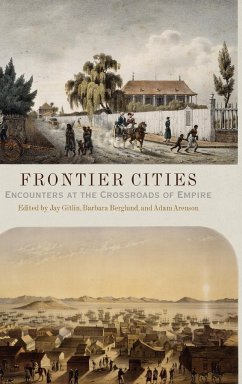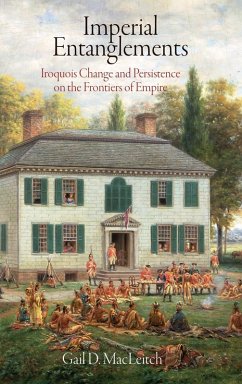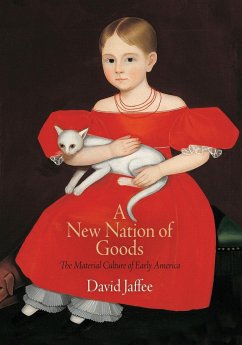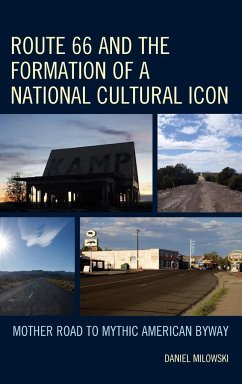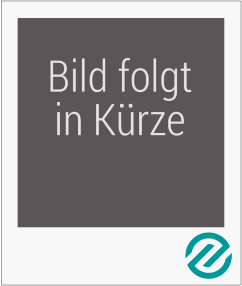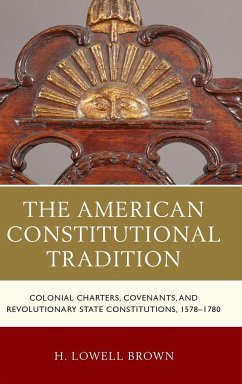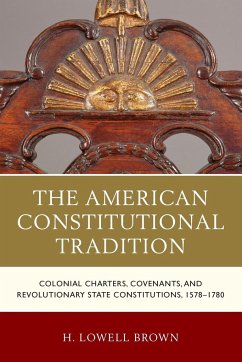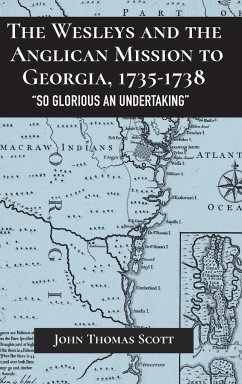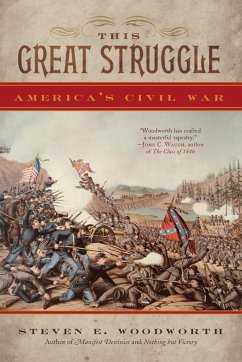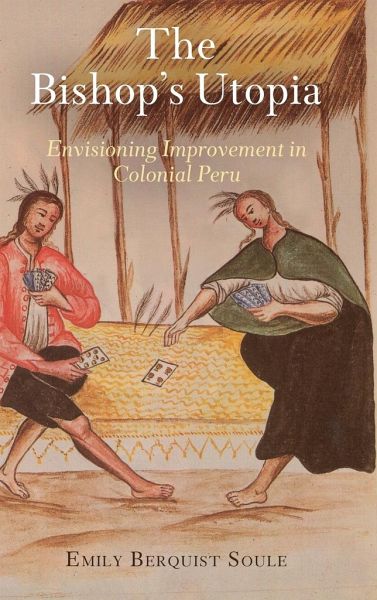
Bishop's Utopia
Envisioning Improvement in Colonial Peru

PAYBACK Punkte
24 °P sammeln!
In December 1788, in the northern Peruvian city of Trujillo, fifty-one-year-old Spanish Bishop Baltasar Jaime Martínez Compañón stood surrounded by twenty-four large wooden crates, each numbered and marked with its final destination of Madrid. The crates contained carefully preserved zoological, botanical, and mineral specimens collected from Trujillo's steamy rainforests, agricultural valleys, rocky sierra, and coastal desert. To accompany this collection, the Bishop had also commissioned from Indian artisans nine volumes of hand-painted images portraying the people, plants, and animals of...
In December 1788, in the northern Peruvian city of Trujillo, fifty-one-year-old Spanish Bishop Baltasar Jaime Martínez Compañón stood surrounded by twenty-four large wooden crates, each numbered and marked with its final destination of Madrid. The crates contained carefully preserved zoological, botanical, and mineral specimens collected from Trujillo's steamy rainforests, agricultural valleys, rocky sierra, and coastal desert. To accompany this collection, the Bishop had also commissioned from Indian artisans nine volumes of hand-painted images portraying the people, plants, and animals of Trujillo. He imagined that the collection and the watercolors not only would contribute to his quest to study the native cultures of Northern Peru but also would supply valuable information for his plans to transform Trujillo into an orderly, profitable slice of the Spanish Empire. Based on intensive archival research in Peru, Spain, and Colombia and the unique visual data of more than a thousand extraordinary watercolors, The Bishop's Utopia recreates the intellectual, cultural, and political universe of the Spanish Atlantic world in the late eighteenth century. Emily Berquist Soule recounts the reform agenda of Martínez Compañón--including the construction of new towns, improvement of the mining industry, and promotion of indigenous education--and positions it within broader imperial debates; unlike many of his Enlightenment contemporaries, who elevated fellow Europeans above native peoples, Martínez Compañón saw Peruvian Indians as intelligent, productive subjects of the Spanish Crown. The Bishop's Utopia seamlessly weaves cultural history, natural history, colonial politics, and art into a cinematic retelling of the Bishop's life and work.





